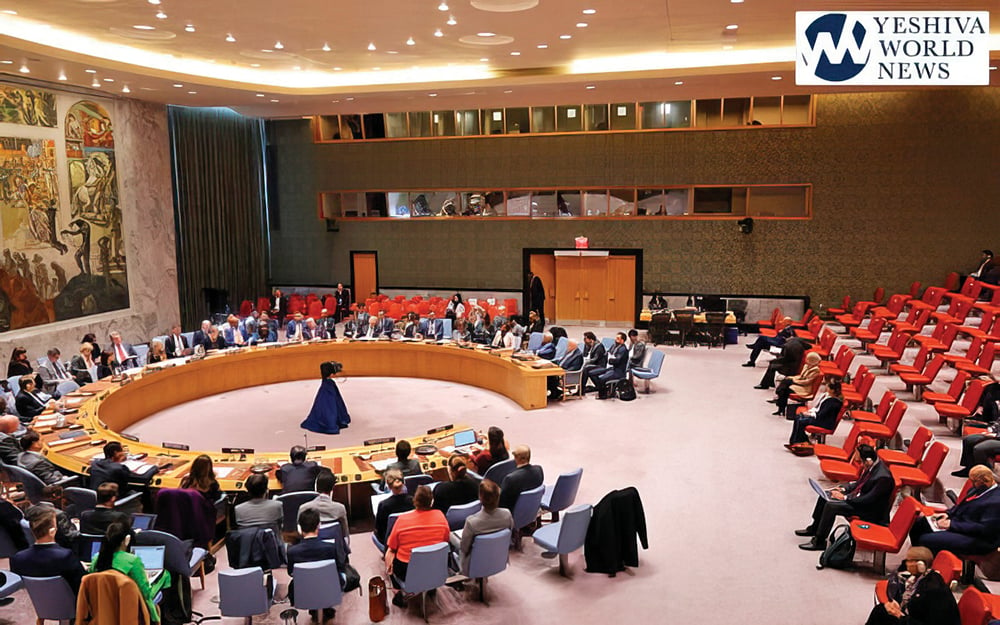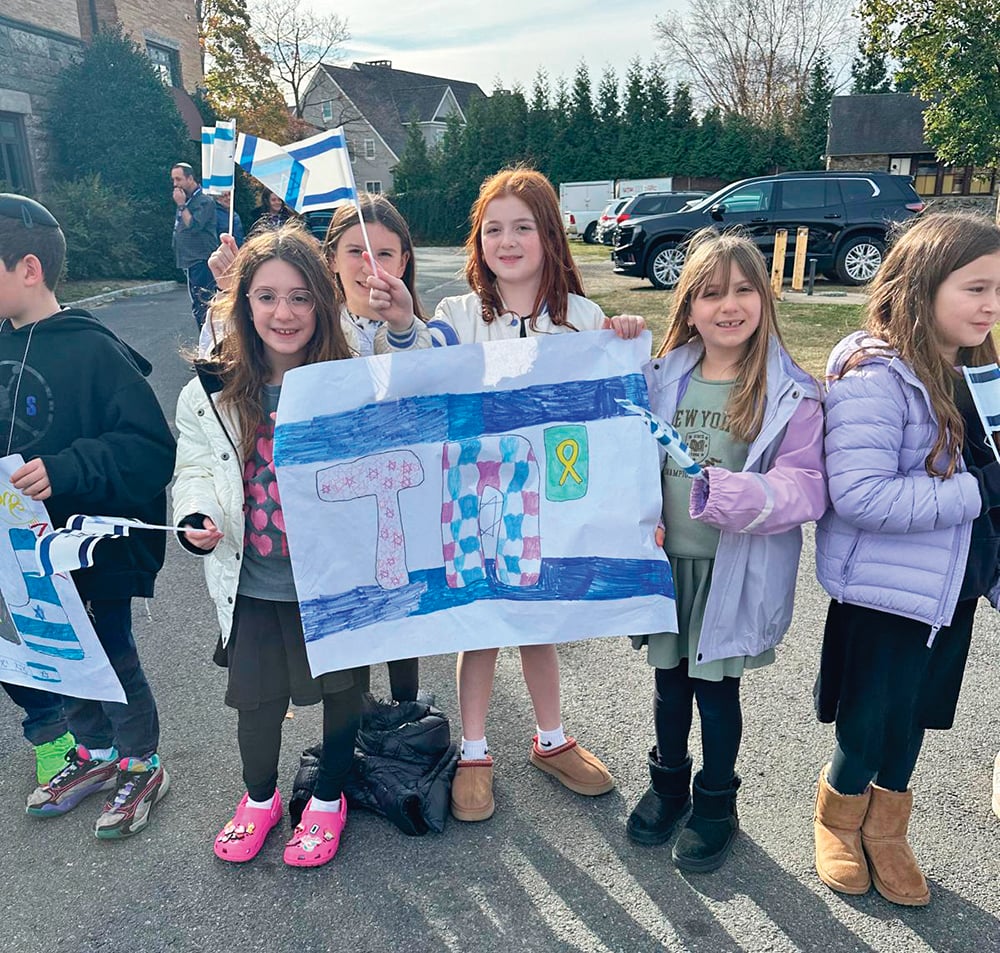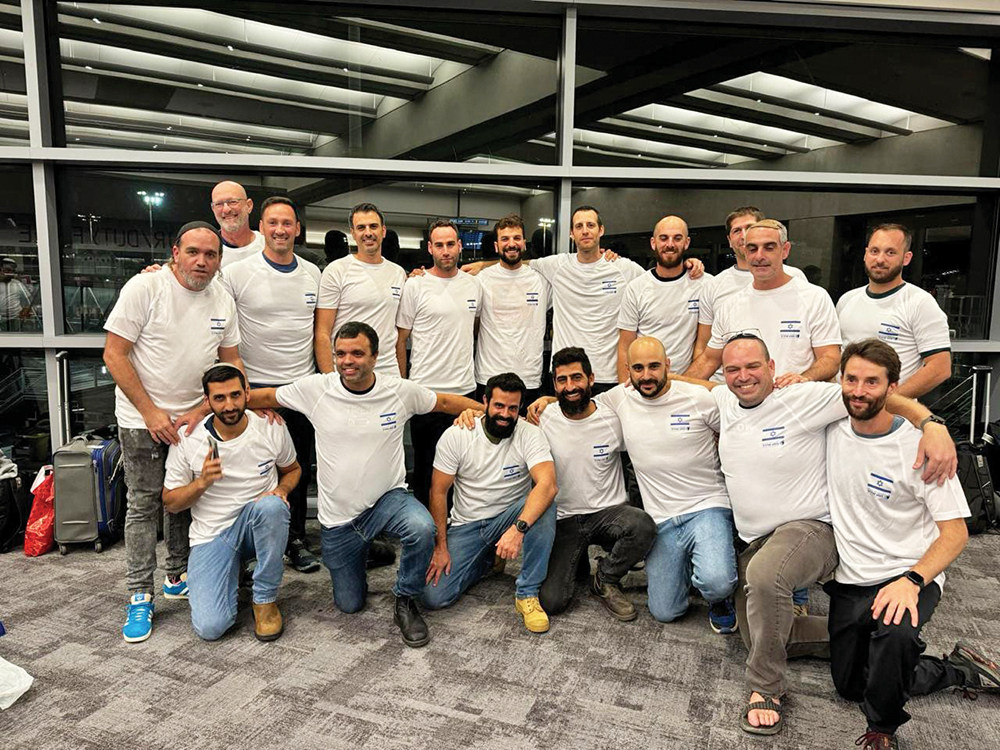When I was in 12th grade, I applied to a post-high school yeshiva in Eretz Yisrael. Many of my friends applied to the same place and I was looking forward to a great year. But…I received a letter from the yeshiva saying, “Thank you for applying to our yeshiva. Being that we have numerous applicants and limited space, we cannot accept everyone. We wish you success in finding the right yeshiva for you.” I could not believe that I was not accepted! This was the perfect place. I tried having one of my rebbeim contact the yeshiva, but it was to no avail. With no other choice, I applied to Yeshiva Ner Yaakov, which accepted me.
Still, my feelings of rejection lingered. One weekend, I spent a Shabbat with my friends at the yeshiva from which I was rejected. After Shabbat, I started to think, “Would this yeshiva really have been the best fit for me? Would I have really fit in with the boys, the rebbeim and the yeshiva’s strict rules?” By the end of the year, it was so clear to me that Hashem was looking out for me. If I would have attended that yeshiva, I would not have made the friends most beneficial for me, I would not have connected well to the rebbeim and I would not have been happy with their policies. At Yeshiva Ner Yaakov, however, Hashem guided me to great new friendships and a deep connection with the rebbeim. My yeshiva had all the right ingredients for me to thrive.
In Parshat Shoftim, the Torah instructs a person who accidentally kills someone to run to one of the appointed cities of refuge and remain there until the death of the Kohen Gadol. These cities grant the accidental killer safety from the relatives of the individual murdered, since they have permission to avenge the blood of their relative as long the murderer is found outside the cities of refuge.
The accidental killer may well be thinking, “I don’t believe this is happening to me. I had a job, a nice home and community. Now this accident occurs, and I’m banished to this city. Why is Hashem doing this to me?”
The Gemara explains that this incident did not happen accidentally. Hashem orchestrated all this to occur since this individual had committed a prior crime and needed to be sent to exile as rehabilitation. Hashem orchestrated the accidental killing so he would have to leave his home and relocate to the city of refuge.
The Torah instructs, “Tachin lecha haderech”—prepare the road—construct paved highways to the city of refuge and place visible road signs, so the accidental killer has a clear and easy road to reach the city of refuge quickly. While the individual deserved to be sent into exile for a crime he committed secretly at an earlier time, Hashem nonetheless wants to ensure he reaches safety without delay or harm.
There is a custom to study the sefer Shaarei Teshuva of Rabbeinu Yonah during the month of Elul. Similar to the Gemara above, the first line of the sefer opens with the words, “Hashem prepares the path for the person who erred to pull himself out from the lowliness of his bad actions and the trap of sin.” This is the lesson learned from the laws regarding the accidental killer.
The circumstances of life are not random! Everything is orchestrated by Hashem—the family we are born into, our community, our job(s). Each situation is custom-made for us by our Creator. In the moment, we might not realize how it is good for us. Indeed, it’s often only in hindsight that we realize just what a blessing it was.
The laws of the city of refuge are also discussed in Parshat Mishpatim. The Torah describes the accident killing and the creation of the city of refuge with the words, “Ina l’yado v’samti lecha” Hashem orchestrated the accident and created an asylum. The first letters of these four words spells the word Elul. The B’nei Yissaschar explains that the month of Elul is likened to a city of refuge. In this special month, we properly prepare for the yamim noraim. In this month, Hashem ensures that our paths are clear and paved to make it easy for us to return to Him.
Just like Hashem set up the best path for my Torah learning years ago, so, too, Hashem arranges the best path for all of us each day. Let us recognize that any difficulty or any setback we encounter is really for our best. Instead of complaining or feeling sad about an adverse circumstance, let’s use it as an opportunity to get closer to Hashem and to intensify our adherence to Torah and mitzvot.
Rabbi Baruch Bodenheim is the associate rosh yeshiva of Passaic Torah Institute (PTI)/Yeshiva Ner Boruch. PTI has attracted people from all over northern New Jersey, including Teaneck, Paramus, Rockaway and Fair Lawn. He initiated and continues to lead a multi-level Gemara-learning program. He has spread out beyond PTI to begin a weekly beis medrash program with in-depth chavrusa learning in Livingston, Springfield, and Fort Lee. His email is [email protected].












